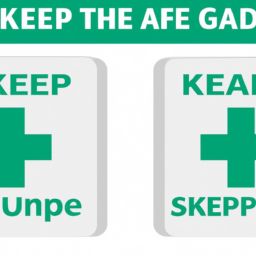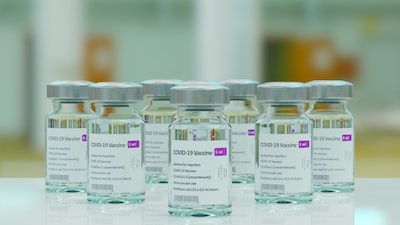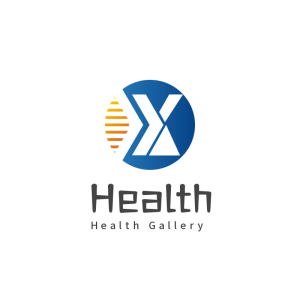Introduction
The use of medication is an essential aspect of healthcare. It helps people maintain and improve their health, control chronic conditions, and manage symptoms. However, improper medication use can have severe consequences, including adverse reactions, drug interactions, and overdose. Therefore, it is crucial to keep safe when using medications. This guide provides information on how to use medication safely and avoid potential harms.
Understanding Medications
Medications are substances used to prevent, cure, or alleviate symptoms of a disease or condition. They come in different forms, such as tablets, capsules, liquids, injections, and patches. Medications work by interacting with the body’s cells, tissues, and organs to produce a therapeutic effect. However, not all medications are suitable for everyone. Different factors, such as age, gender, medical history, and allergies, may affect the way a person responds to a drug. Therefore, understanding your medication and its effects is vital to keep safe.
Tips for Safe Medication Use
Here are some tips that you can follow to use medication safely:
Read the label: Always read the label and follow the instructions carefully. Pay attention to the dosage, frequency, and duration of the medication. If you have any questions, ask your healthcare provider or pharmacist.
Take the medication as prescribed: Do not change the dosage or stop taking the medication without consulting your healthcare provider. Taking too much or too little medication can be harmful.
Avoid alcohol and other substances: Some medications can interact with alcohol, tobacco, caffeine, and other substances, causing adverse reactions or reducing the effectiveness of the drug. Check with your healthcare provider before using any of these substances while taking medication.
Store medication properly: Keep medication in a cool, dry, and dark place, away from children and pets. Do not store medication in the bathroom or near heat sources.

Dispose of medication properly: Do not flush medication down the toilet or throw it in the trash. Follow the instructions on the label or ask your healthcare provider or pharmacist how to dispose of medication safely.
Keep track of your medication: Use a medication tracker or reminder app to help you remember to take your medication on time. Keep a list of all the medications you are taking, including over-the-counter drugs, vitamins, and supplements.
Medication Risks and Side Effects

While medication can provide significant health benefits, it also carries risks and potential side effects. Some common medication risks include:
Allergic reactions
Drug interactions
Adverse effects on pregnancy or breastfeeding
Impact on kidney or liver function
Dependence or addiction
Overdose or poisoning
If you experience any unusual symptoms or side effects while taking medication, contact your healthcare provider immediately. Do not stop taking the medication without consulting your healthcare provider.
Using medication safely is crucial to maintaining optimal health and avoiding potential harms. By understanding your medication, following safe medication use tips, and being aware of medication risks and side effects, you can keep safe and get the most out of your healthcare. Always consult with your healthcare provider or pharmacist if you have any questions or concerns about medication use.





